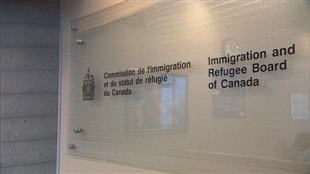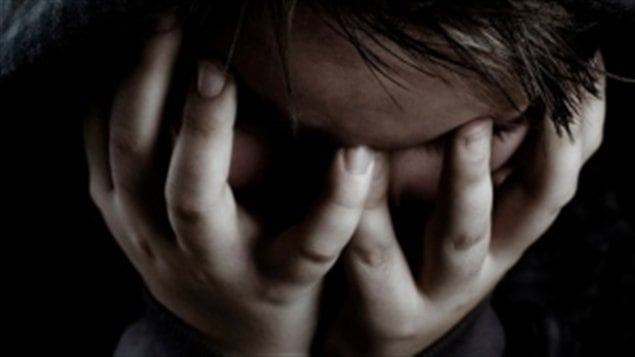Refugees who have become established in Canada and may even have residency status are worried they may lose that status and be forced to leave the country. At issue is a process called “cessation” and a new way it is being applied. The Canadian Council for Refugees calls it arbitrary, draconian and absurd.
Cessation occurs when a refugee no longer needs protection. This may occur if there is a change of government in the country of origin or if circumstances change indicating the refugee has the protection of the country of origin.

Cessation was, until now, rarely used
Canada has, in the past, rarely used cessation to remove refugees. But in 2012 the government changed the immigration law and included a clause that said if a person’s refugee status was revoked under cessation rules, then they would also automatically and immediately lose their permanent resident’s status.
That means that if a refugee goes to a hearing at the Immigration and Refugee Board and the board determines they no longer need Canada’s protection “you go from being a permanent resident, immediately, to having no status in Canada, no rights at all in Canada,” says Janet Dench, head of the Canadian Council for Refugees. “So it’s a very dramatic consequence.”
‘Huge increase’ in government’s cessation applications
Dench says there has been a huge increase in the number of applications for cessation made by the Canadian government. By the end of March there were 148 applications pending, and in 2013 there were more than double the number from the previous year. The council says the Canada Border Services Agency has set an annual target of 875 applications to strip refugees of their status.
She adds the government is asking for cessation in cases where people have visited their country of origin, even if it was a very brief or discreet visit, perhaps to care for a sick relative. They also are asking for cessation when a person applies for a passport from the country of origin or travels to a third country on such a passport. The irony is that the Canadian government may ask for a passport when a refugee applies for permanent residency in Canada.

Promise broken?
When changes to the law were made, Dench says the immigration minister at the time promised cessation would apply only to people who committed fraud in applying for refugee status. But now, she says people who have done nothing wrong may be thrown out of the country. Some of them have lived here for over a decade, others have married and had children here who, by the fact that they were born here, are Canadian citizens.
“It makes absolutely no sense to try to strip them of their status and have them deported from Canada when they are permanent residents and contributing members of Canadian society,” says Dench, adding the new reality of cessation is creating a climate of fear among refugees.
‘Huge’ sense of insecurity for permanent residents
“This is of enormous concern to us, because we are hearing how much anxiety there is among refugees,” says Dench. “You’ve got a lot of people who are wondering ‘am I going to be turfed out of Canada next year or this year.’ It’s a huge sense of insecurity for people who thought they had got secure status when they got permanent residence in Canada. They thought they were permanently here and that they couldn’t simply be tossed out because Canada decides they no longer need our protection.”







For reasons beyond our control, and for an undetermined period of time, our comment section is now closed. However, our social networks remain open to your contributions.